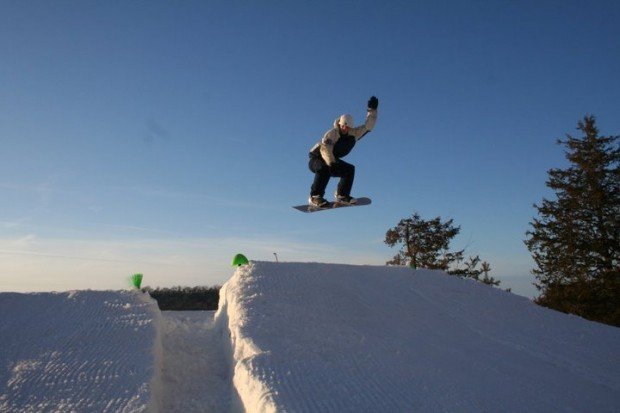Unlocking the Speed: The Science Behind Ski and Snowboard Waxing
When it comes to skiing and snowboarding, speed is an essential factor for an exhilarating and enjoyable ride down the slopes. Ski and snowboard waxing play a vital role in maximizing your speed and performance on the snow. But have you ever wondered about the science behind this process? In this article, we will delve into the fascinating world of ski and snowboard waxing by https://faststik.com/ and uncover the secrets that unlock the speed on the slopes.

The Basics of Ski and Snowboard Waxing
Ski and snowboard waxing involves applying a special wax to the base of your equipment. This process serves multiple purposes, including reducing friction, improving glide, and enhancing control. Waxing is essential because the base of your ski or snowboard is porous, and without wax, it can absorb moisture from the snow, leading to decreased performance.
The Role of Friction
Friction is the enemy of speed when it comes to sliding down the snow. When your ski or snowboard glides on the surface, friction slows you down. Wax helps reduce friction by creating a smooth and slippery surface on the base, allowing you to slide effortlessly through the snow.
The Science of Wax Composition
Ski and snowboard waxes are typically made from a blend of hydrocarbon, fluorocarbon, or a combination of both. Hydrocarbon waxes are widely used and work effectively in most conditions. They provide a good balance between glide and durability. On the other hand, fluorocarbon waxes are more advanced and offer superior performance in extremely cold or wet conditions. They have unique water-repelling properties that minimize the stickiness caused by wet snow.
Temperature and Wax Selection
The temperature plays a crucial role in selecting the right wax for your ski or snowboard. Different waxes have specific temperature ranges in which they perform optimally. Colder waxes are harder and have higher melting points, suitable for cold snow conditions. Warmer waxes are softer and have lower melting points, ideal for warmer temperatures. Choosing the appropriate wax for the current weather conditions ensures that your equipment glides smoothly and efficiently.
Waxing Techniques
Now that we understand the science behind ski and snowboard waxing let’s explore some essential techniques to achieve optimal results:
- Cleaning the Base: Before waxing, it is crucial to clean the base of your ski or snowboard to remove any dirt, debris, or old wax. This allows the new wax to penetrate the base effectively.
- Hot Waxing: Hot waxing involves melting the wax and applying it to the base of your equipment. Using an iron, heat the wax until it melts and drips onto the base. Then, spread the wax evenly across the entire surface. Allow the wax to cool and harden before scraping off the excess. Finally, use a brush to create a smooth and polished finish.
- Brushing: Brushing is an essential step to ensure proper wax penetration and remove any excess wax. Different brushes, such as nylon, horsehair, or brass, serve different purposes. Brushing also creates microstructures on the base, which improves grip and control.
Frequency of Waxing
The frequency of waxing depends on various factors, including the snow conditions, the number of runs, and personal preference. As a general rule, it is recommended to wax your equipment every 5-10 days on the slopes or after a few days of intense use. Regular waxing ensures consistent performance, prolongs the life of your equipment, and enhances your overall experience on the snow.
Conclusion
In conclusion, understanding the science behind ski and snowboard waxing is key to unlocking the speed, maximizing performance, and enjoying an exhilarating ride on the slopes. By considering factors such as friction, wax composition, temperature, and proper waxing techniques, you can make informed decisions that will enhance your speed, control, and overall experience. Regular maintenance, using high-quality waxes, and paying attention to snow conditions will ensure that you glide effortlessly through the snow, embracing the thrill of skiing or snowboarding at its best. So, embrace the science, wax on, and enjoy the excitement of a perfectly waxed ride on your next mountain adventure.
